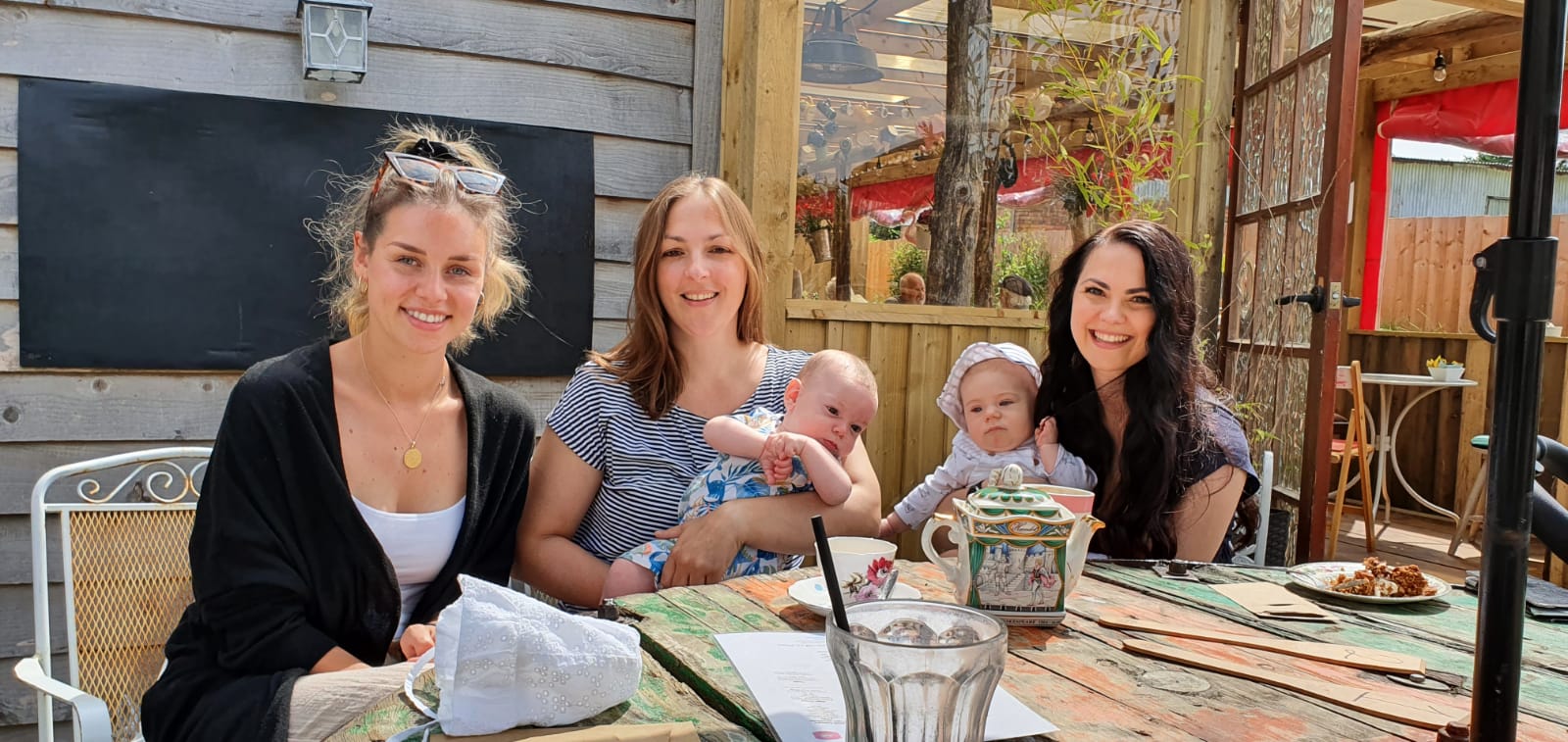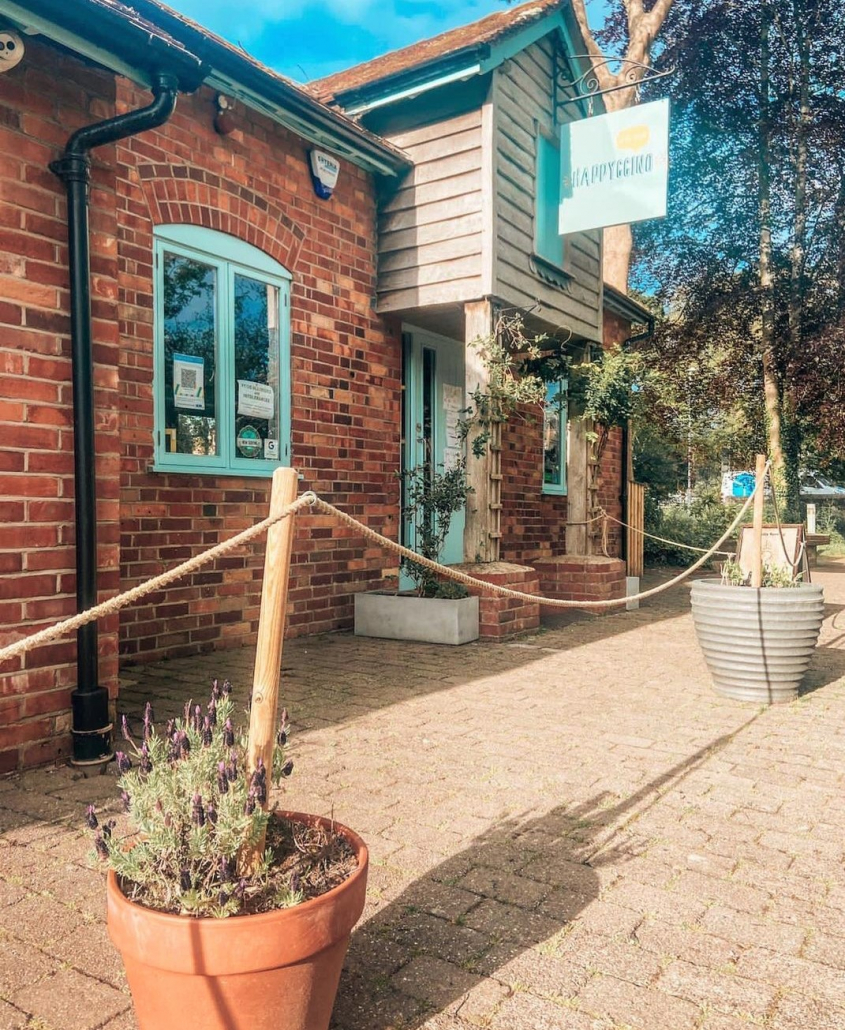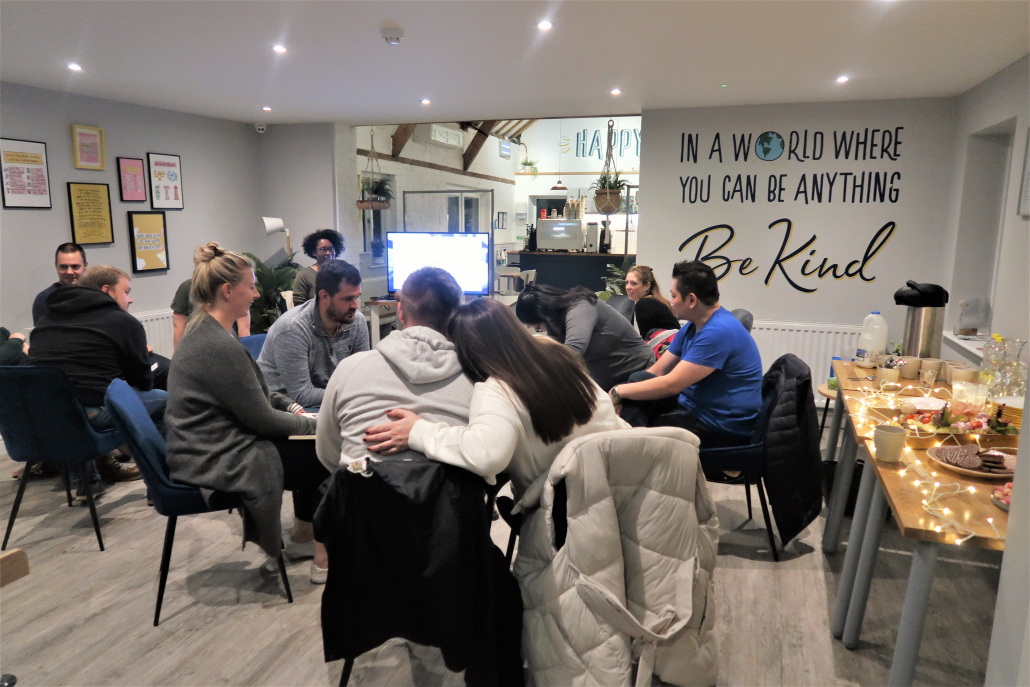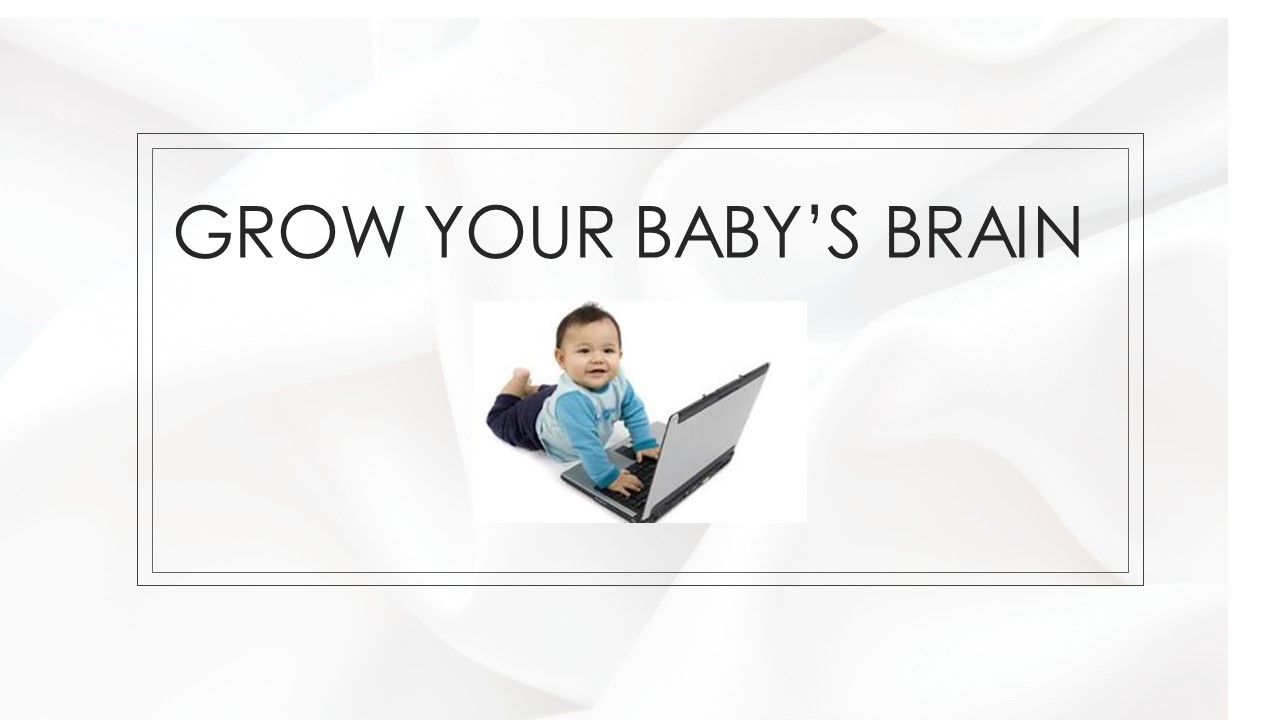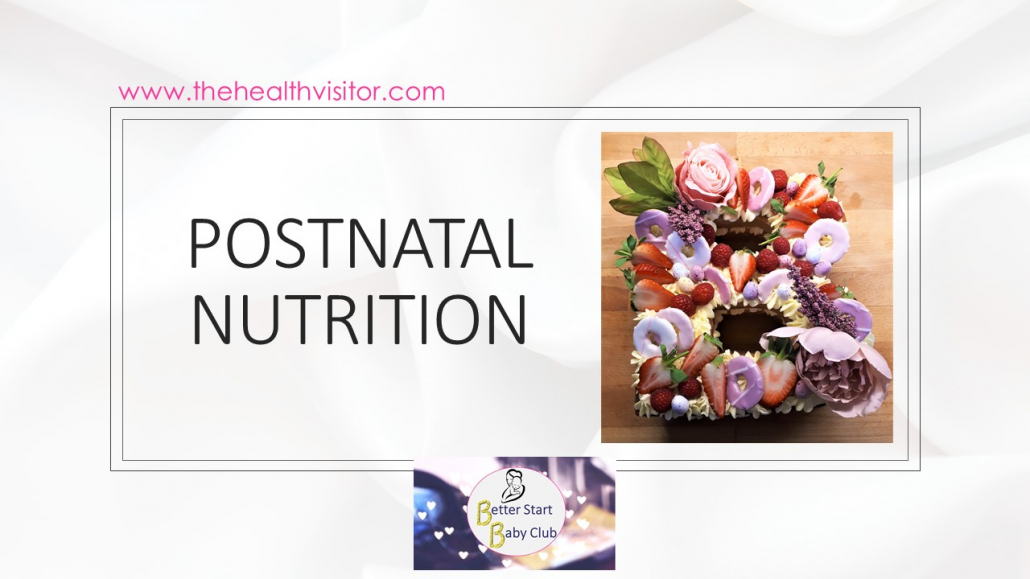Care of the Umbilical Cord
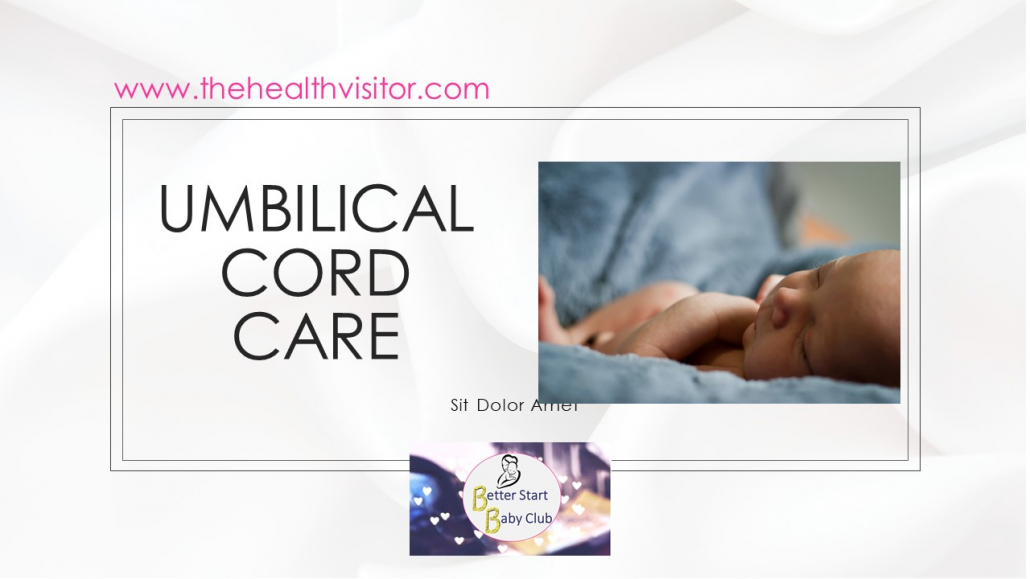
What is the umbilical cord?
The umbilical cord carries oxygen and nutrients from the placenta to the baby and removes the waste products.
![]() What happens at birth?
What happens at birth?
When baby is born the cord is clamped and then cut leaving a 2-3 cm stump which will form your baby’s tummy button. Between 5-15 days the umbilical stump will turn black, dry out, harden and eventually fall off. The tummy button can take a few days to heal. It is important to keep the area clean during this process.
Umbilical Cord Care
![]() Wash your hands before and after you touch the cord
Wash your hands before and after you touch the cord
![]() If needed clean around the base of the cord with cotton wool/gauze and cooled boiled water and ensure the area is dry after cleaning
If needed clean around the base of the cord with cotton wool/gauze and cooled boiled water and ensure the area is dry after cleaning
![]() Fold the nappy down below the cord to prevent contamination with stool or urine and to allow air to it.
Fold the nappy down below the cord to prevent contamination with stool or urine and to allow air to it.
![]() Check the stump and tummy button at each nappy change for any signs of infection
Check the stump and tummy button at each nappy change for any signs of infection
![]() Clothing should be clean and loosely fitted
Clothing should be clean and loosely fitted
![]() Try to sponge bath or top and and tail baby rather than a tub bath, this will allow the cord to remain dry.
Try to sponge bath or top and and tail baby rather than a tub bath, this will allow the cord to remain dry.
![]() Avoid pulling or interfering with the cord stump.
Avoid pulling or interfering with the cord stump.
If you notice any signs of infection such as surrounding redness, bleeding or smelly discharge from your baby’s tummy button see you GP or midwife for an assessment and advice.
What cord care did you use for your baby? ![]()
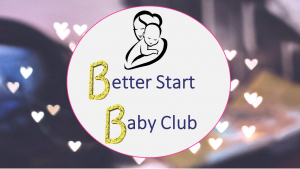
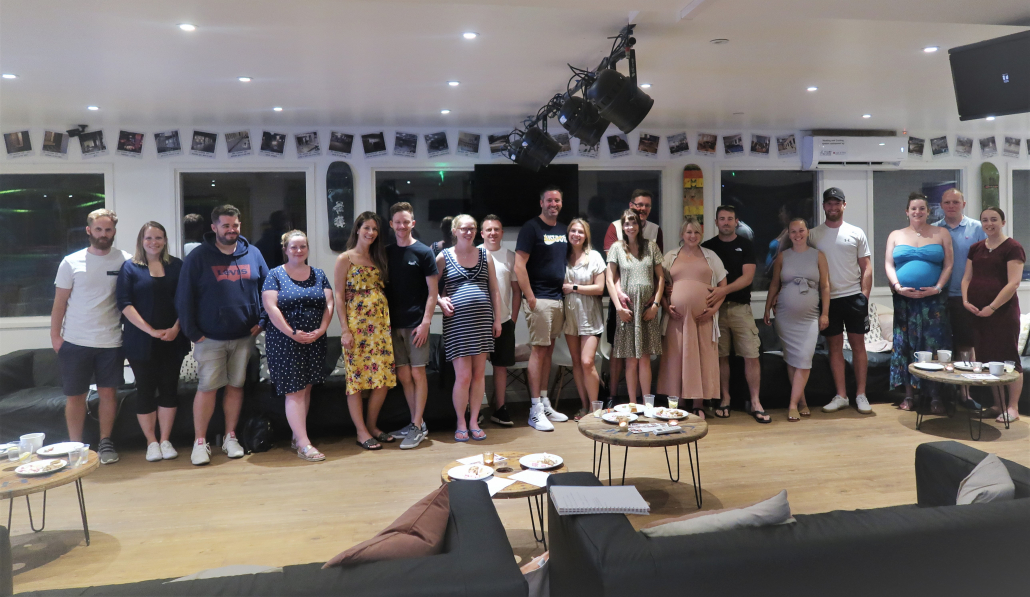
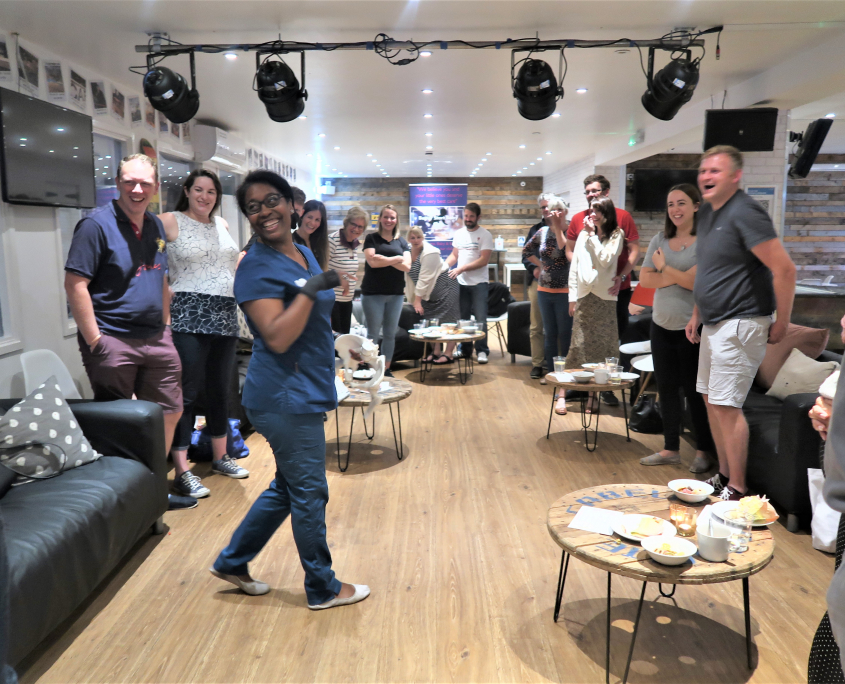
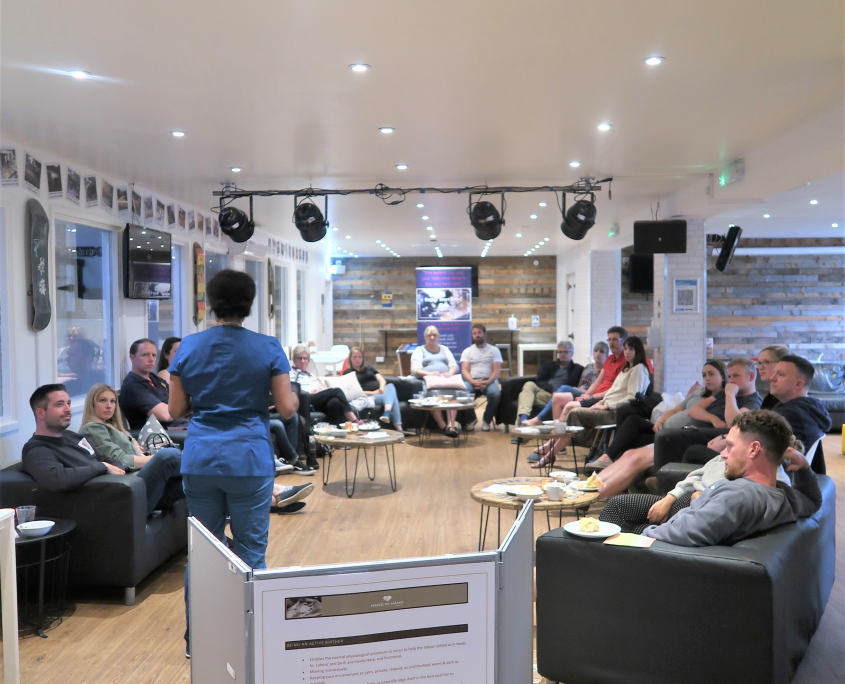

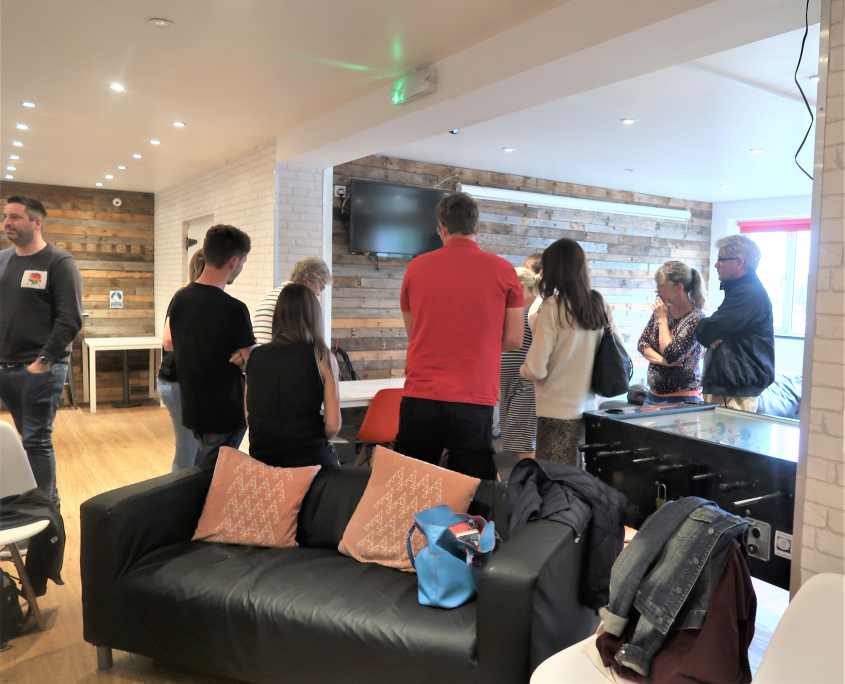
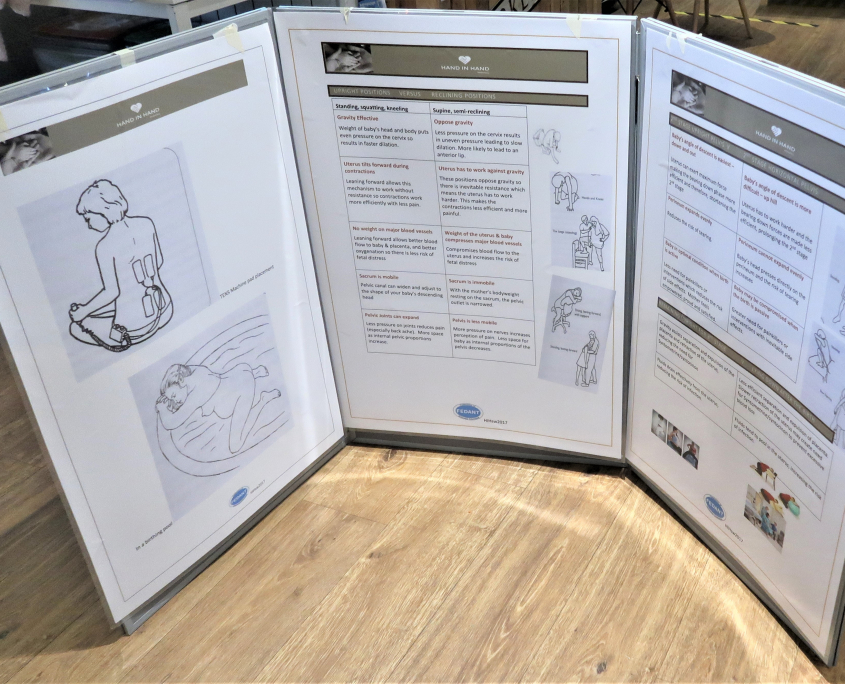
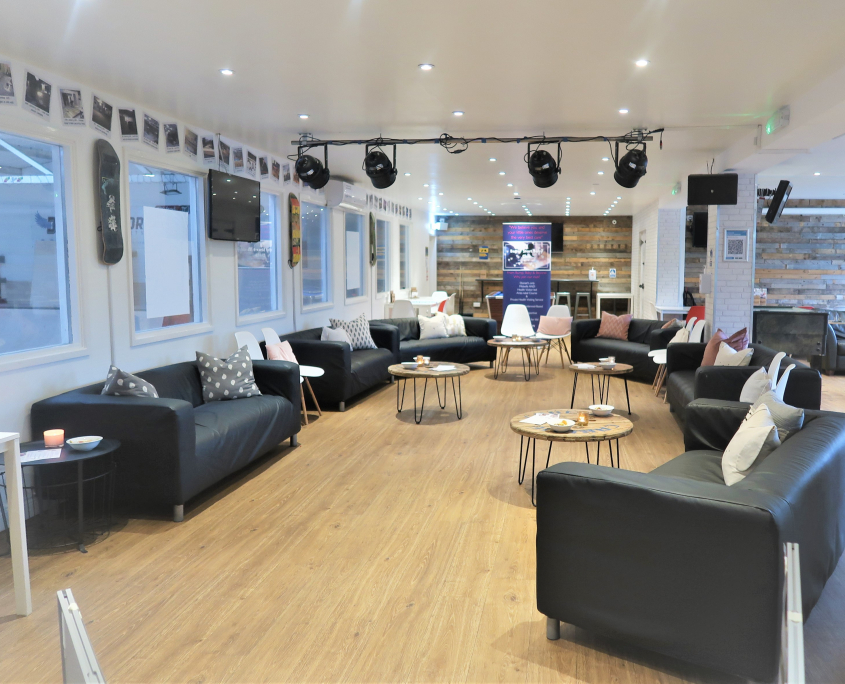
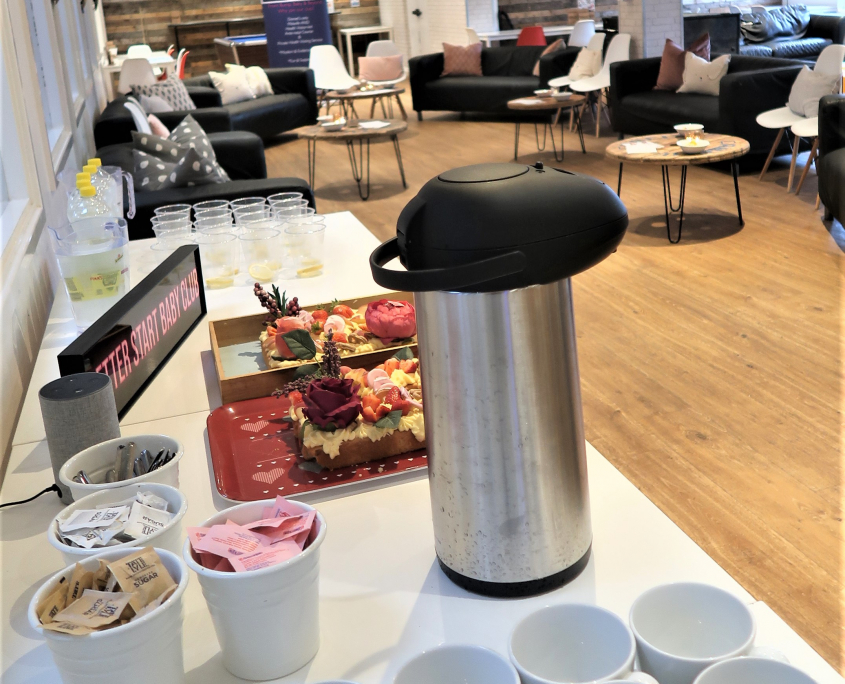
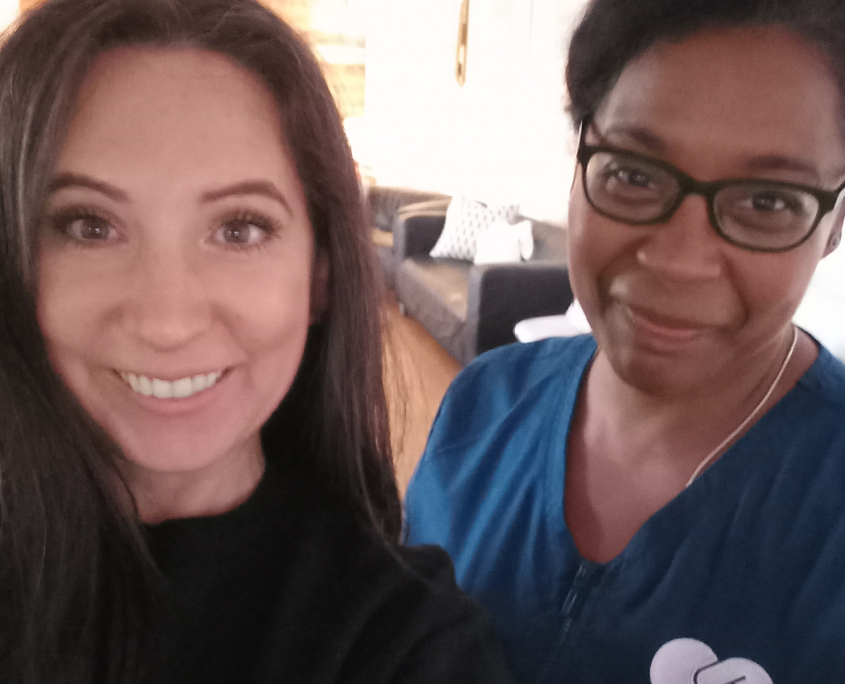

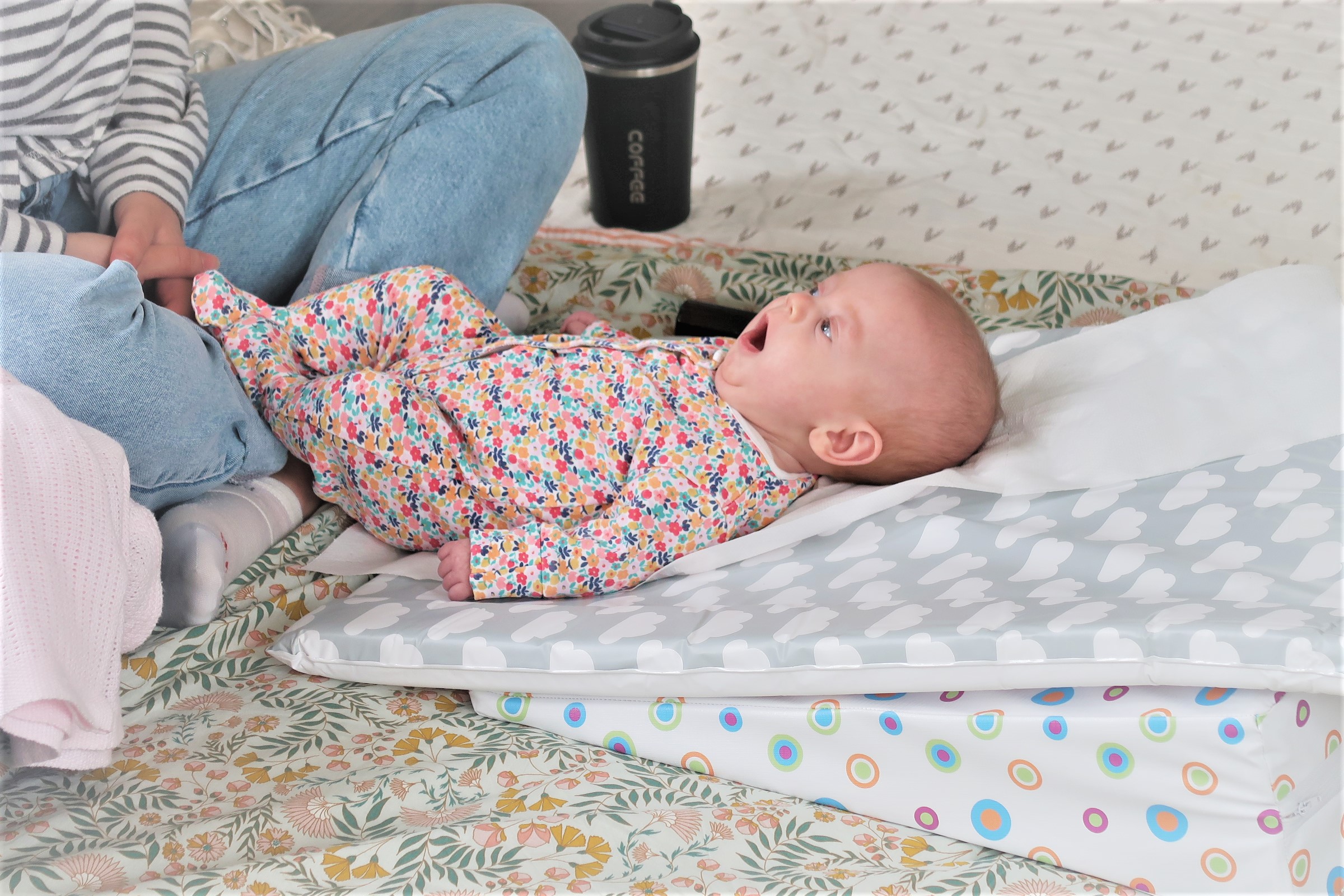
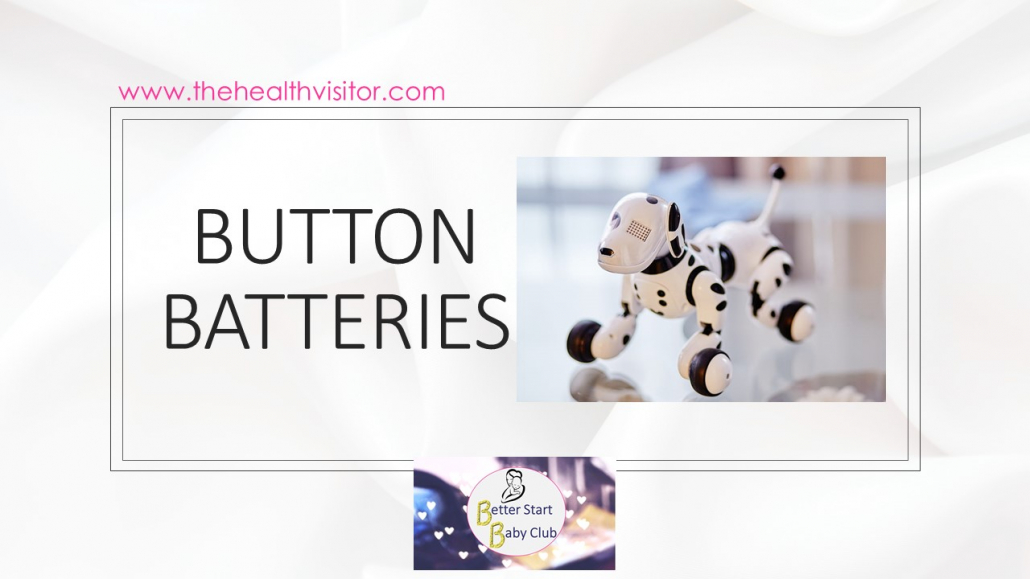
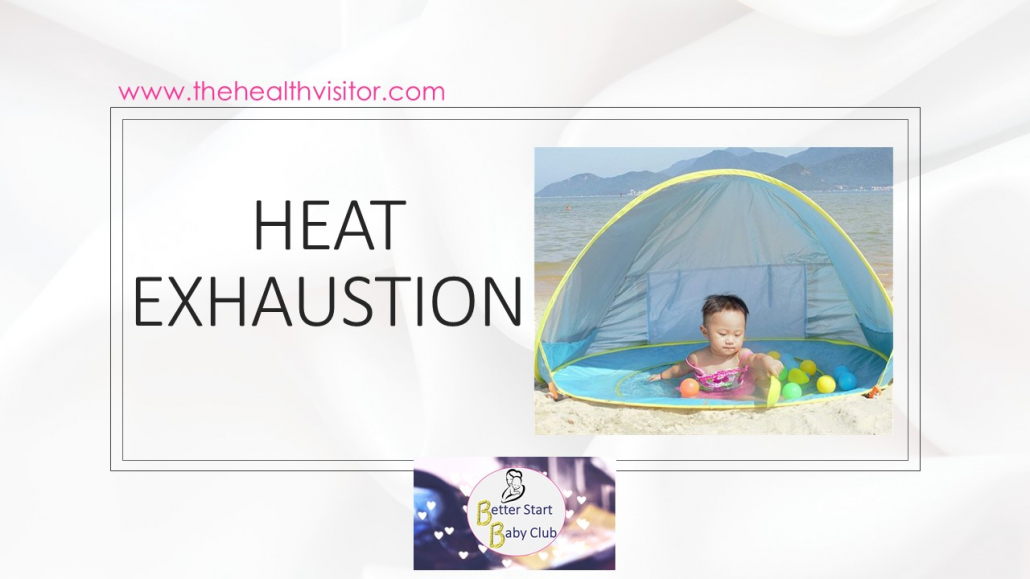
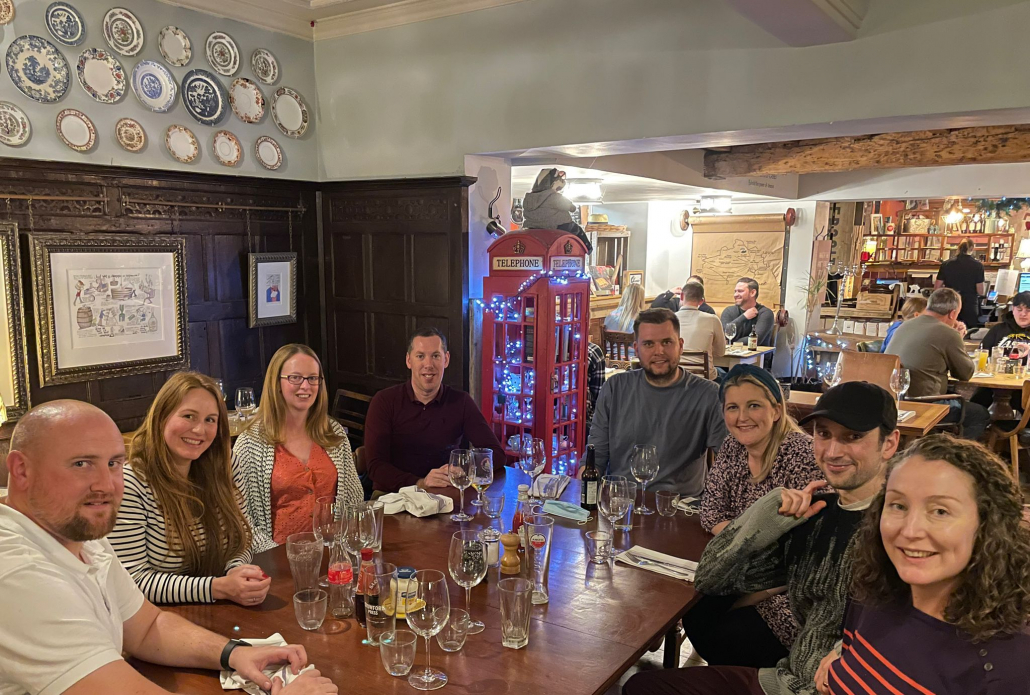
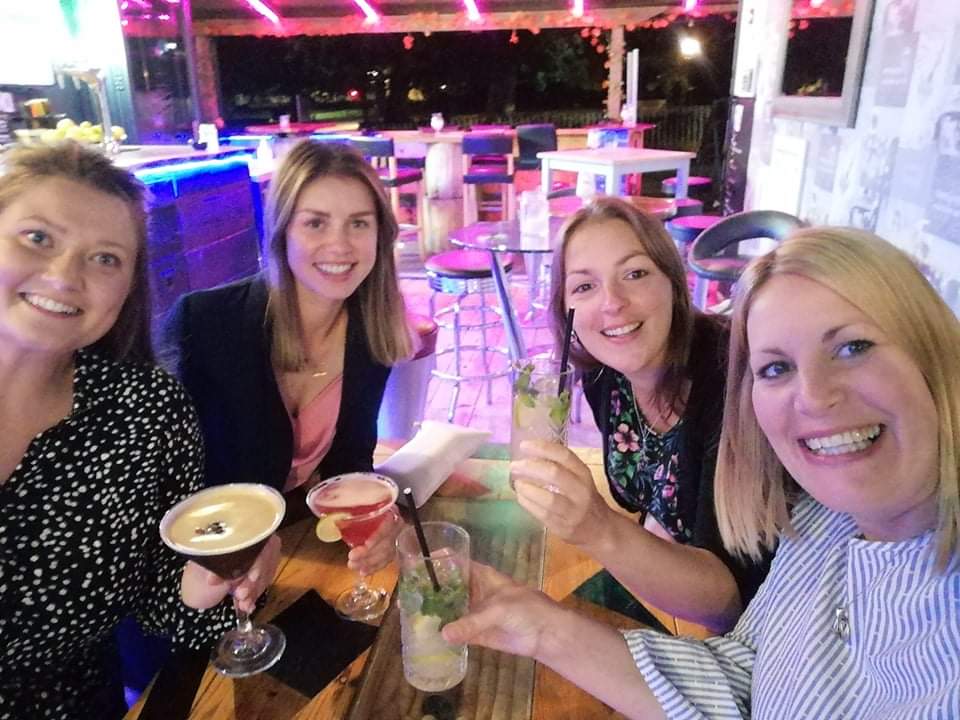

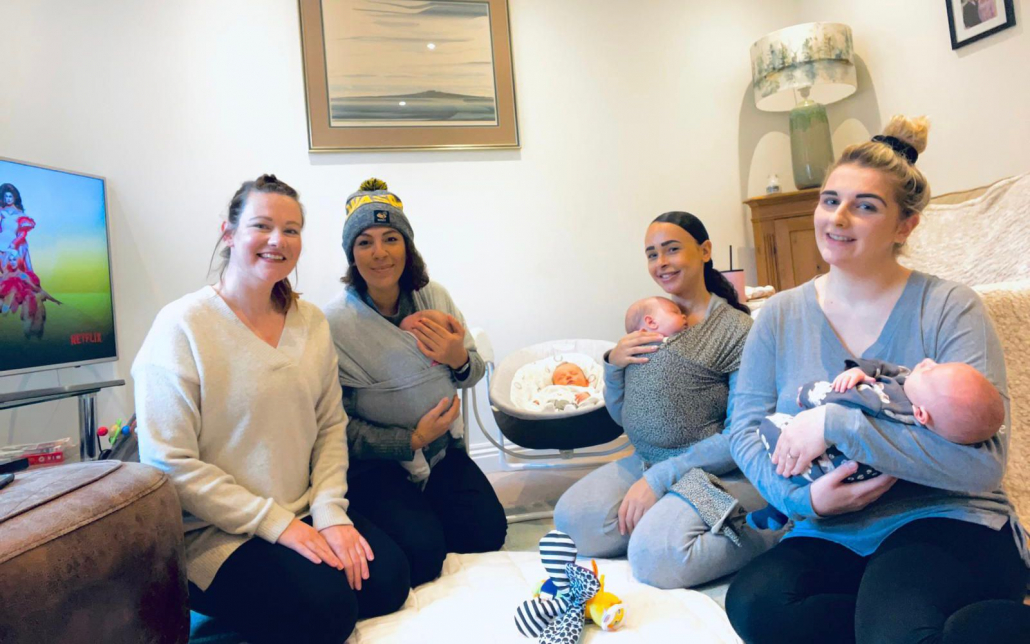
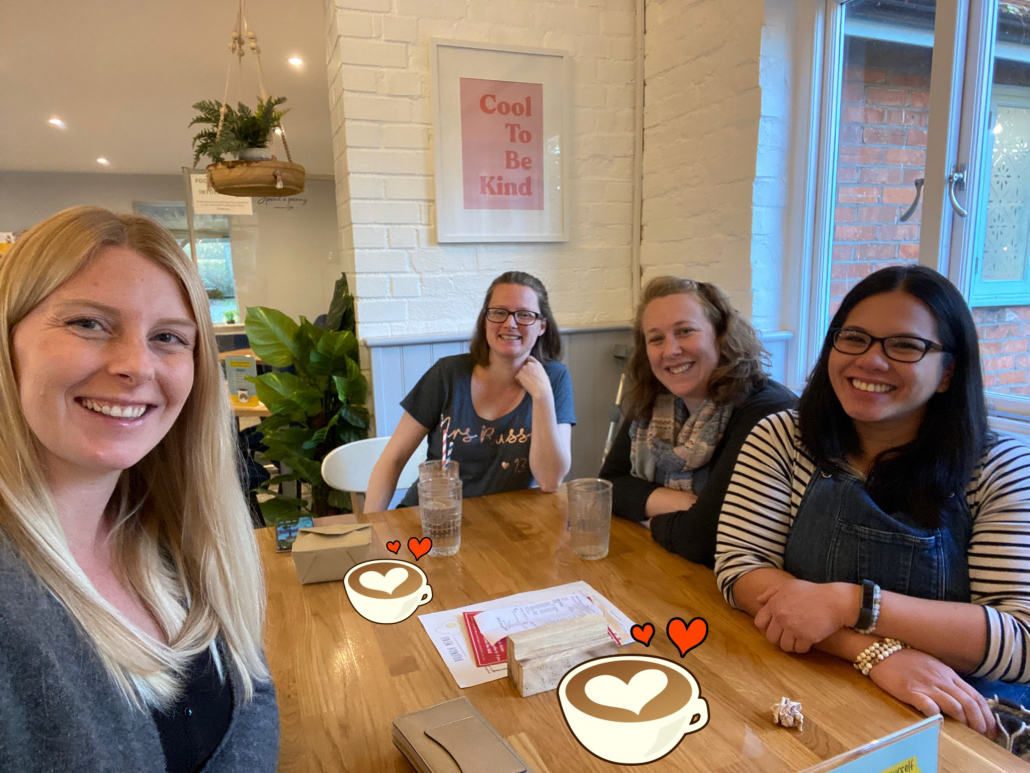 These gorgeous mummies all met at one of our Better Start Baby Club Antenatal courses.
These gorgeous mummies all met at one of our Better Start Baby Club Antenatal courses.